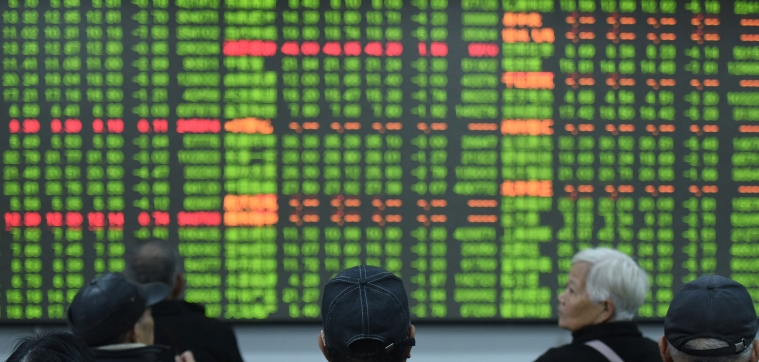By Administrator_India
Asian shares and U.S. stock futures dipped into the red on Tuesday, erasing earlier gains as a renewed decline in oil prices overshadowed optimism about the easing of coronavirus-related restrictions seen globally.
MSCI’s broadest index of Asia-Pacific shares outside Japan was down 0.3%. Shares in China fell 0.7% and South Korean shares fell 0.22%.
Oil futures slumped after the largest U.S. oil exchange-traded fund said it would sell all its front-month crude contracts to avoid further losses as prices collapse.
Some investors are hoping the worst may be over for the world economy as more countries allow businesses to re-open, but others see reasons to remain cautious, especially as a coronavirus vaccine has yet to be developed.
All three major U.S. stock averages advanced on Monday and are all now within 20% of their record closing highs reached in February.
The benchmark S&P 500 is on track for its best month since 1987, after trillions of stimulus dollars helped U.S. equities claw back much of the ground lost since the coronavirus crisis brought the economy to a grinding halt.
Oil prices weakened again on persistent concerns about oversupply and a lack of storage space. The front-month contract was trading at lower-than-usual volumes on Monday as traders moved to later months in futures contracts.
U.S. crude skidded 14.24% to $10.96 a barrel while Brent crude fell 4.05% to $19.18 per barrel.
Shares of United States Oil Fund LP , the country’s largest crude ETF, fell more than 16% on Monday, after it said it would sell all of its front-month crude contracts to avoid a repeat of the heavy losses suffered last week.
The U.S. dollar and the euro were little changed as traders refrained from taking big positions before a Federal Reserve policy decision due on Wednesday and a European Central Bank meeting Thursday.
The Fed has already announced a raft of measures to lessen the economic blow from the coronavirus pandemic and is expected to stay on hold this week.
Major central banks have responded to the economic slump caused by the coronavirus by slashing interest rates, buying more government debt, and taking steps to increase lending to small companies.
Gold, a safe-haven often bought during times of uncertainty, fell for a third consecutive trading session in signs of improving risk appetite.





